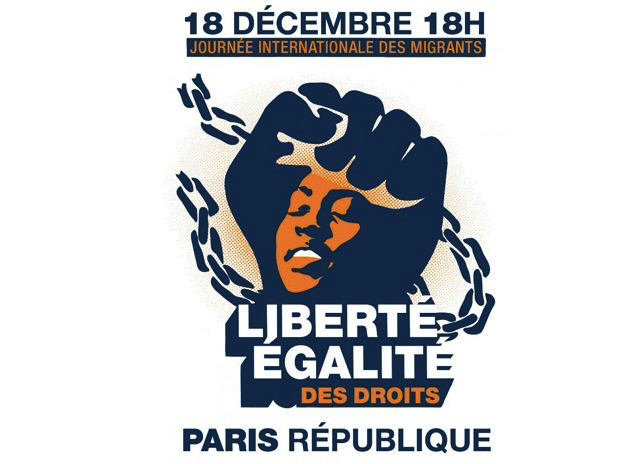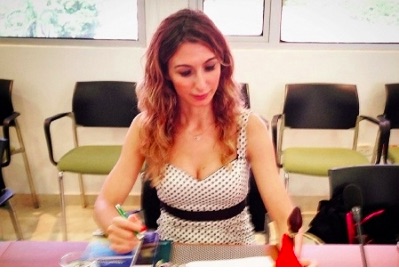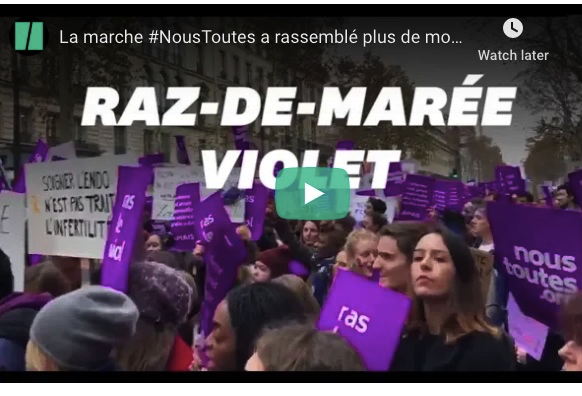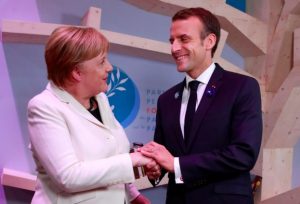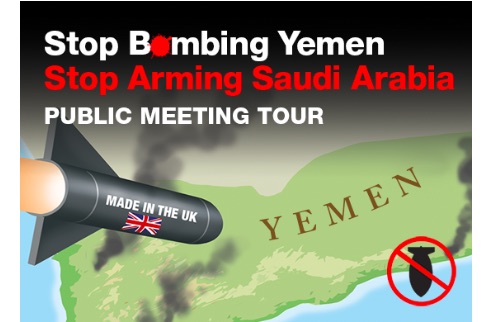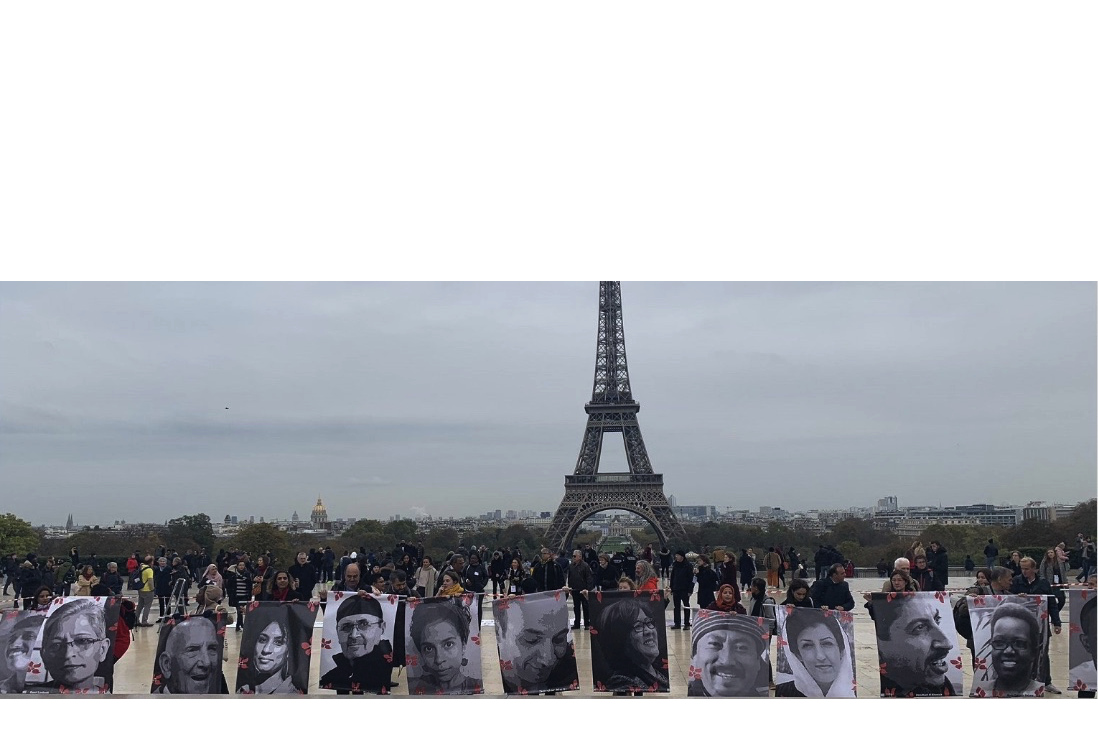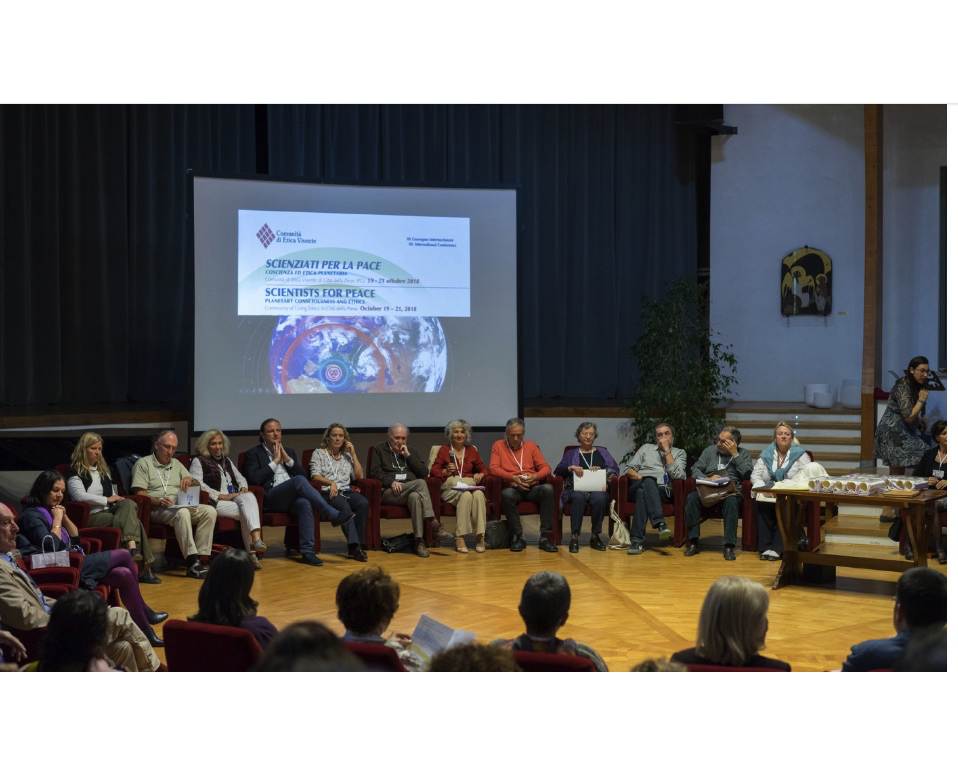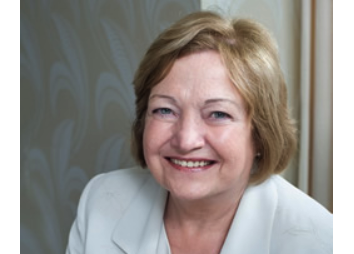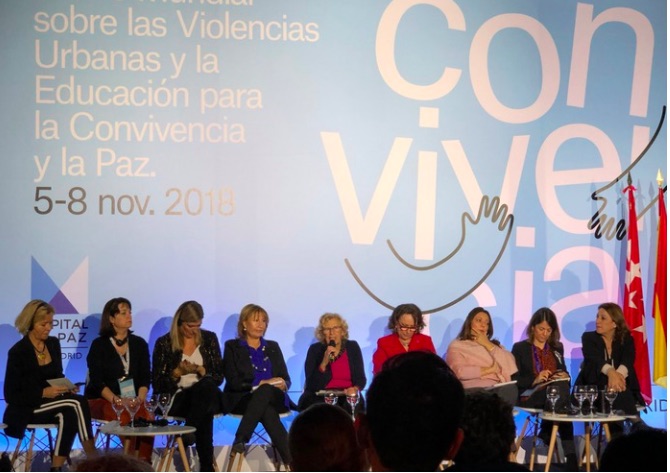. . SUSTAINABLE DEVELOPMENT . .
An article by Julia Conley for Common Dreams (reprinted according to a Creative Commons Attribution-Share Alike 3.0 License)
“The weak outcome of this COP runs contrary to stark warnings of the IPCC report and growing demand for action from citizens.”
Climate action groups slammed the outcome of the 24th annual Conference of the Parties (COP24) in Katowice, Poland on Saturday, calling the agreement reached by about 200 diplomats and negotiators “barely adequate” as a plan to ensure that countries will follow through with their emissions reduction pledges.
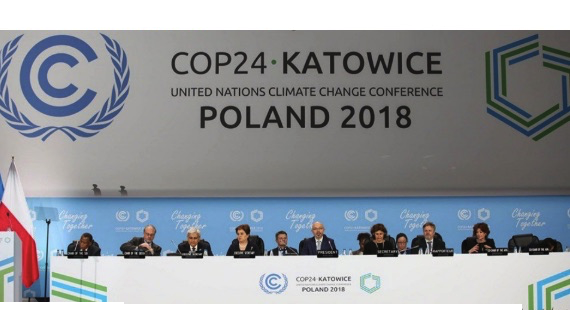
(Photo: @CANEurope/Twitter)
Concluding two weeks of talks on how countries can implement the Paris climate agreement to keep global warming below 1.5 degrees Celsius (2.7 degrees Fahrenheit), the diplomats reached a deal standardizing how countries measure their carbon emissions and ostensibly ensuring that world leaders will be more aggressive in reaching their emissions targets in time for the next global summit next September.
The final agreement left out directives on specific reductions in emissions by 2030. While it calls on wealthier countries to clarify how they will provide aid to less well-off nations, many of which are on the front lines of the climate crisis, more in-depth talks about developing countries needs were put off until next year.
Advocates for bold, concrete reforms and directives—outlined in the People’s Demands for Climate Justice—said the required sense of urgency for avoiding the climate catastrophe that the world’s top scientists warn could take hold by 2030, was missing from the deal.
“The weak outcome of this COP runs contrary to stark warnings of the IPCC report and growing demand for action from citizens,” said Wendel Trio, director of Climate Action Network (CAN) Europe. “Governments have again delayed adequate action to avoid catastrophic climate breakdown. The EU needs to push ahead and lead by example, by providing more support to poor countries and increasing its climate pledge before the UN Secretary General Summit in September 2019. It must be a significant increase, even beyond the 55 percent reduction some Member States and the European Parliament are calling for.”
(article continued in right column)
Sustainable Development Summits of States, What are the results?
(Article continued from the left column)
The inadequate agreement, said the Union of Concerned Scientists (UCS), was the result not of a lack of understanding at COP24, but a lack of political will.
“There was clear recognition in Katowice that the world needs to get on a low-carbon pathway as soon as possible to meet the steep, near-term emission cuts the IPCC report indicated are needed by 2030,” said Rachel Cleetus, an economist at UCS. “Once again, developed countries failed to provide assurances that they would make sufficient, predictable funding available for least developed nations to help them cope with climate impacts, including the loss and damage they already face, as well as ramp up low-carbon technologies.
“People expected action and that is what governments did not deliver. This is morally unacceptable.” —Jennifer Morgan, Greenpeace International“The barely adequate outcome in Katowice means there’s much work ahead to ensure countries live up to their responsibilities to put more ambitious action on the table by 2020,” she added.
“Without immediate action, even the strongest rules will not get us anywhere,” said Jennifer Morgan, executive director of Greenpeace International. “People expected action and that is what governments did not deliver. This is morally unacceptable and they must now carry with them the outrage of people and come to the UN Secretary General’s summit in 2019 with higher climate action targets.”
The summit was deeply flawed from the start, with climate action groups and young demonstrators slamming the United Nations for holding the annual climate talks in the center of Poland’s coal country and President Donald Trump for sending pro-fossil fuel representatives to speak for the U.S., the world’s second-largest emitter of carbon.
The global justice group Corporate Accountability blamed the looming presence of the coal industry at the global summit, and world leaders’ refusal to fully extricate themselves from the interests of fossil fuel industries, for the inadequate outcome of COP24—but noted that around the world, young climate activists like Greta Thunberg and the Sunrise Movement are not backing down in their campaigns to hold governments accountable for avoiding a climate catastrophe.
“The lack of action at the hands of industry forces, and the governments doing their bidding, is further igniting a movement of people and governments who are demanding that Big Polluters be barred from the UNFCCC once and for all,” said Patti Lynn, the group’s executive director. “The movement to kick the fossil fuel industry out has never been stronger.”
“In Poland, there’s a clear rift between political elites who are guilty of a lack of ambition and are supporting the continued use of coal while people are calling for strong climate action,” said Greenpeace Poland campaigner Pawel Szypulski. “Two out of three Poles support a coal phase-out by 2030. The science is clear, we’ve got 12 years left and the technical means to avoid catastrophe. Now politicians need to listen and act.”
